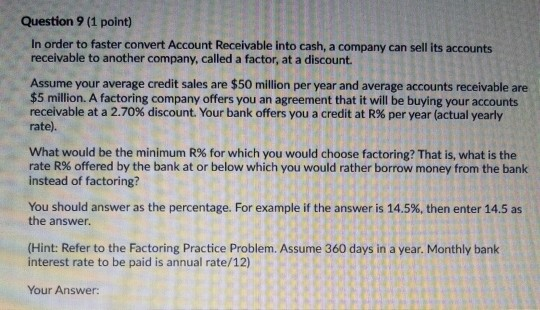If A Company Sells Its Accounts Receivables To A Factor
/accounts-receivables-on-the-balance-sheet-357263-FINAL3-49402f58e70a42ab9468144f84f366d6.png)
Why you shouldn t sell accounts receivables to a factor.
If a company sells its accounts receivables to a factor. The sale or transfer of accounts receivable in order to raise funds is called. According to investopedia the factor will typically give you 70 to 90 percent of the value of outstanding. When a company sells its accounts receivables it also does not have to worry about accounts receivable collections. Also known as factoring selling accounts receivables is a way for you to close the gap that trade credits create.
If a retailer regularly sells its receivables to a factor the service charge of the factor should be classified as a n selling expense. 2 non recourse factoring. Factoring accounts receivable factoring accounts receivable factoring also known as factoring is a financial transaction in which a company sells its accounts receivable to a financing company that specializes in buying receivables called a factor at a discount. When a company receives a factoring loan it may be able to obtain 100 of the.
Factoring companies usually buy your accounts receivables using two installment payments. Journal entry to record the same in the books of company a will be. Factoring means that someone will buy your accounts receivable often shortened to receivables and they will do the collecting. As the due date approaches factor meets receivables and collects full amount of cash.
You can sell all or some of your receivables to the factor or you can sell individual invoices directly. The first installment is called the factoring advance and covers about 80 of the value of you accounts receivable. Rather than waiting for the due date a company may quickly convert its receivables into cash by selling them to a factor for a fee which is usually a small percentage of the total value of the receivables being factored. Under this arrangement a business sells its invoices to the factor and receives cash payment immediately.
If a company sells its accounts receivables to a factor. Factoring is a financial transaction and a type of debtor finance in which a business sells its accounts receivable i e invoices to a third party called a factor at a discount. Accounts receivable factoring is also known as invoice factoring or accounts receivable financing. A business will sometimes factor its receivable assets to meet its present and immediate cash needs.
The seller pays a commission to the factor. A factoring company buys your company s outstanding receivables and advances 60 80 of it back to your company. Forfaiting is a factoring arrangement used in international trade finance by exporters who wish to sell their.
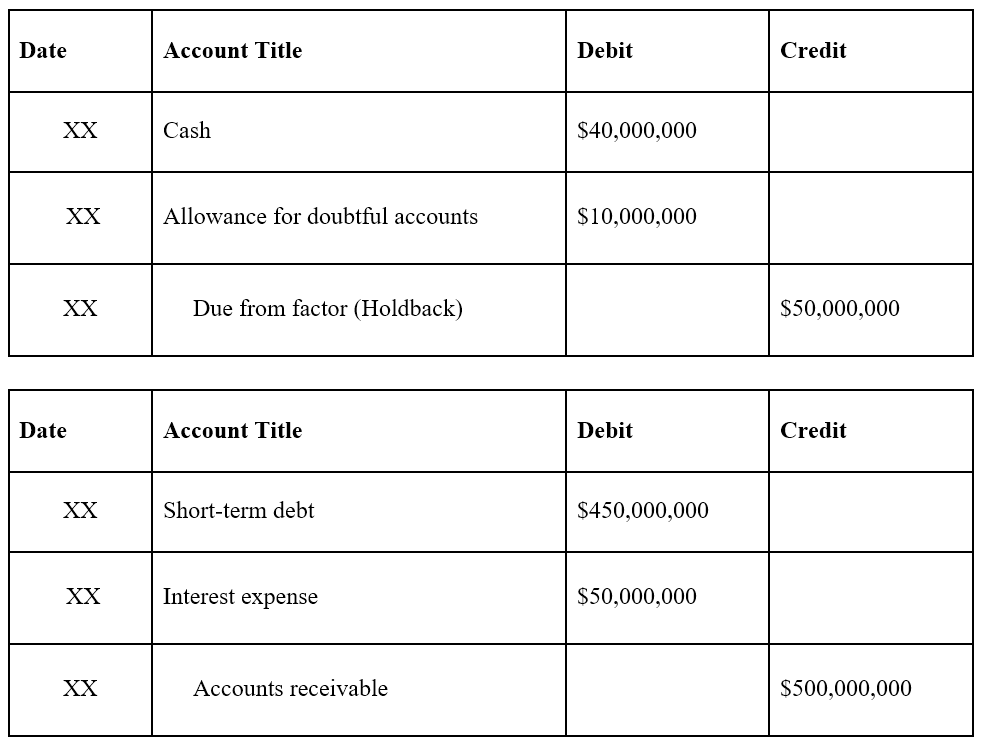

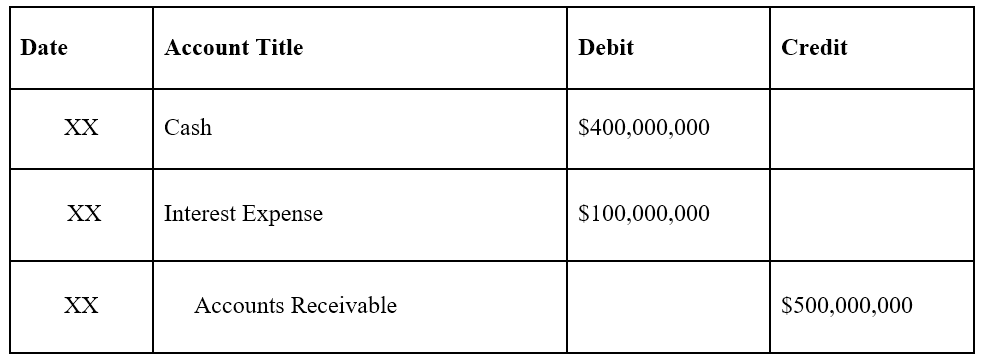


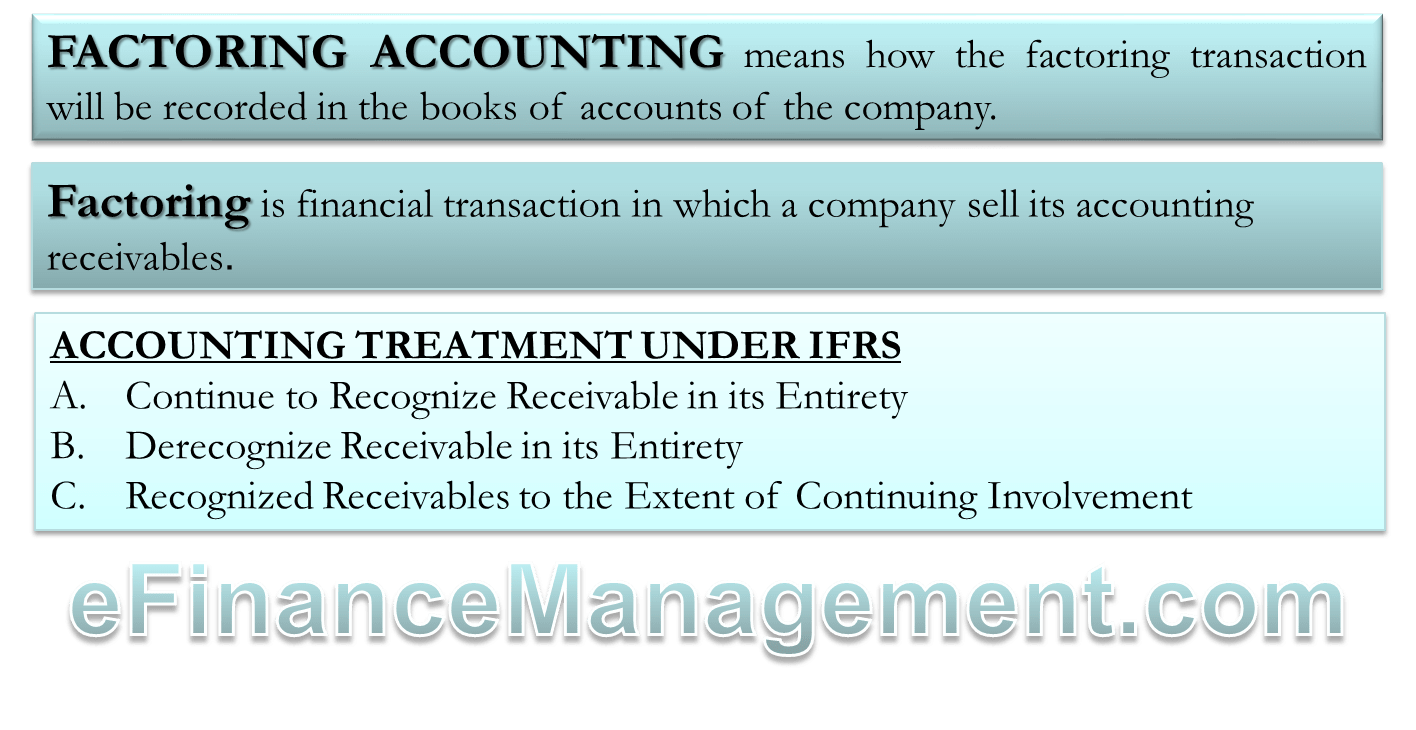


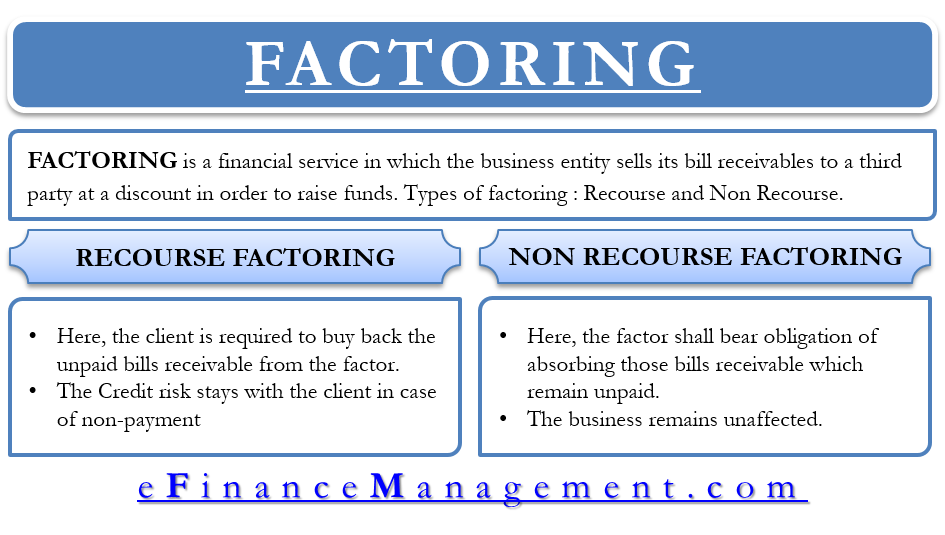
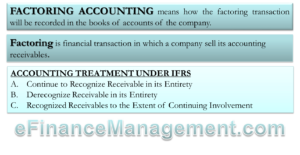

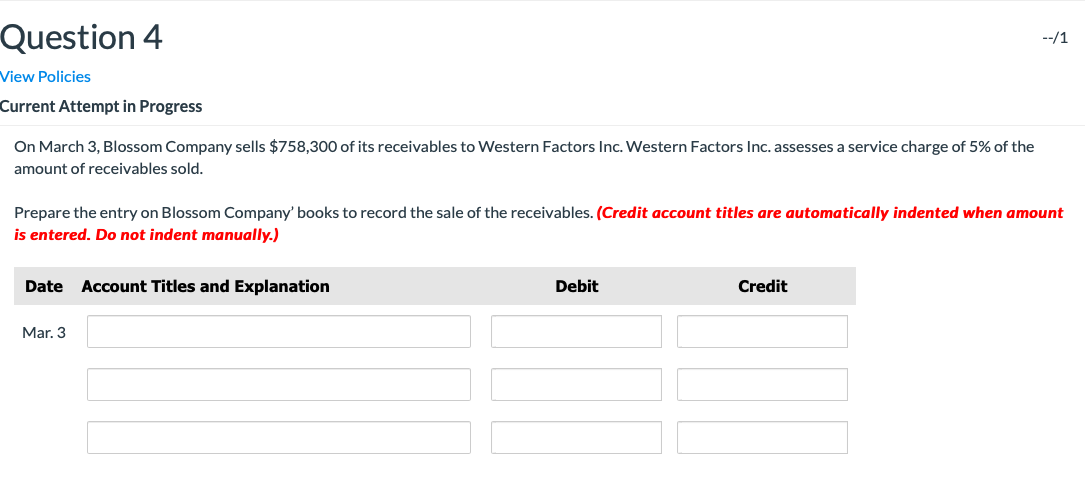


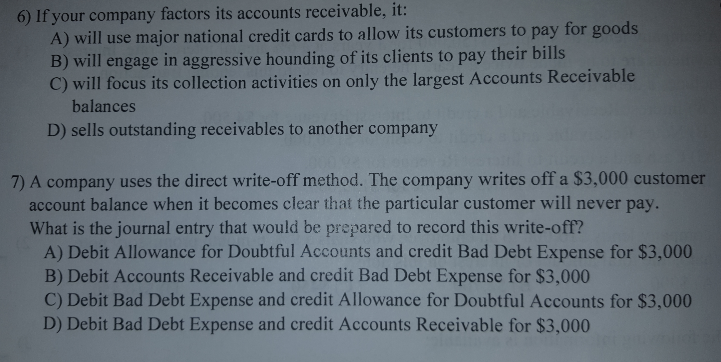


:max_bytes(150000):strip_icc()/dotdash_Final_How_should_investors_interpret_accounts_receivable_information_on_a_companys_balance_sheet_Apr_2020-01-93d387c085e04ab4bf99fa38dcdfd48d.jpg)
